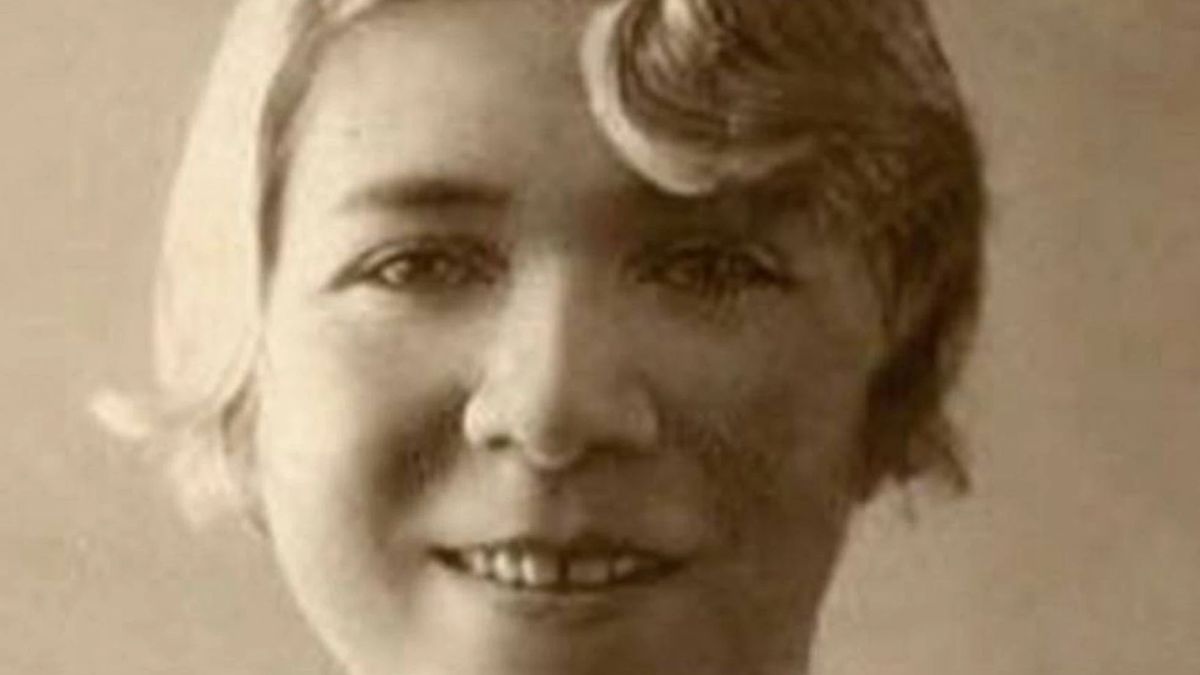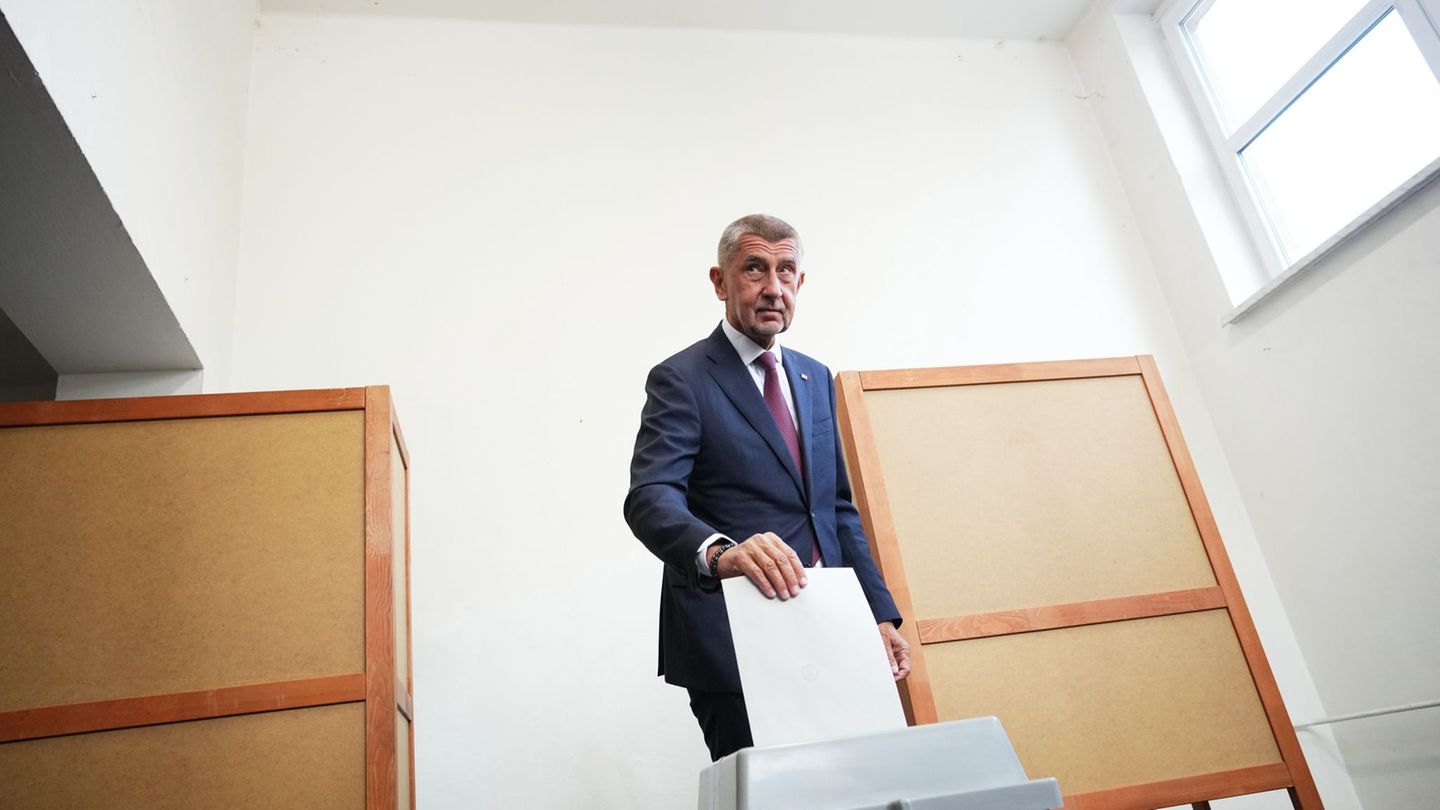She worked as a worker, theater artist and rural teacher in Coronda, in the Province of Santa Fe.
He also cultivated journalism.
Alfonsina left among her unpublished papers the story of an episode that had happened to her a month before she died.
Traveling by means of transport, he noticed that a young man who was occupying the same seat had one of his books in his hands: “Languish”.
Alfonsina added, that she had felt a special emotion. She hesitated, out of shyness, whether or not to address the abstracted reader. But her feminine curiosity was stronger. Without identifying herself, she said: -Excuse me young man, are you reading a book of poems? -Yes, he replied. A book by Alfonsina Storni.
-I see him very concentrated in reading. Do you really like it?
-Not only do I like her, the young man finished, but she has played a great role in my life. I reread it constantly. I feel total admiration for this poet!!!
Alfonsina Storni could not add anything.
As he descended, he strongly shook the young man’s hand and only managed to say: – Thank you. Thank you very much.
A month later he went into the sea. As if she needed such a majestic frame to say goodbye to life.
And when I was once in Mar del Plata, walking along the wide veredón that borders La Perla beach, I observed the monolith that, next to the sea, recalls the memory of Alfonsina Storni, who one day, October 25, 1938, decided to “look at us from the darling”. Her premature death – she was only 46 years old – mourned her homeland, her family, poetry.
She was born in Switzerland on May 22, 1892, but she was Argentine, out of love for this land, out of soul, out of vocation.
He arrived in our country when he was only 4 years old, settling with his parents in Rosario.
With the Chilean Gabriela Mistral and the Uruguayan Juana de Ibarbourou, they constitute the trilogy of great Latin American poets.
The early death of Alfonsina Storni brought to my memory the death of other great Argentine poets and universal literature, who also died prematurely, some of them before the age of 30.
Such is the case of Evaristo Carriego, a man from Entre Ríos who sang in the suburbs of Buenos Aires. Carriego died in 1912. He was only 29 years old! And the two great Spanish romantic poets did not reach the age of 35: Sevillian Gustavo Adolfo Becker, the one with the famous Rimas and José de Espronceda.
And another great writer, also Spanish, Federico García Lorca, an exquisite poet from Granada, who was shot in his homeland at the age of 38, during the Spanish Civil War.
Of course, all these poets, although they no longer beat, continue to make them beat.
That is why, thinking of all the beauty that the early death of these lyrical giants prevented from giving to the world, this aphorism came to my mind:
“How much poetry died, without being written!”.
Source: Ambito




